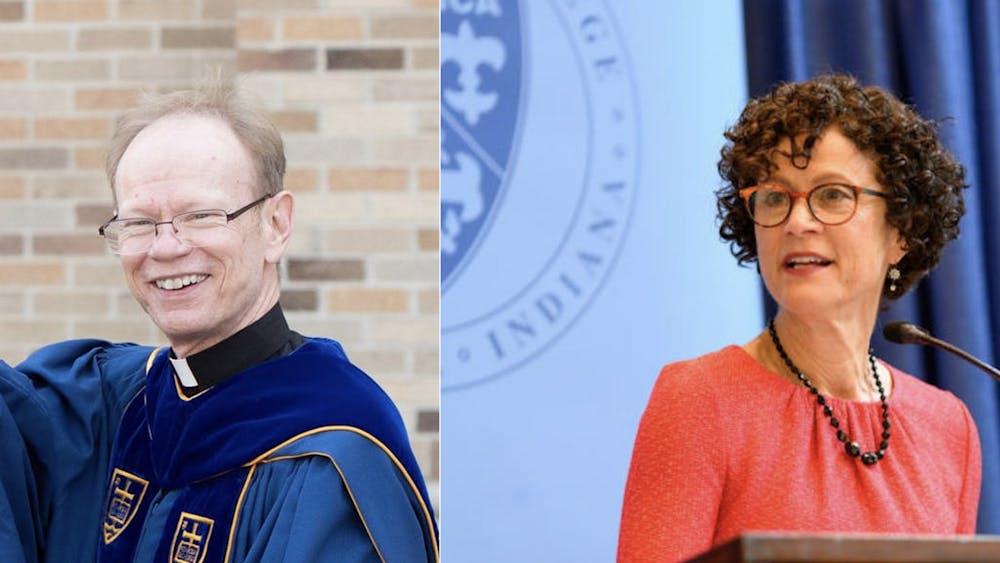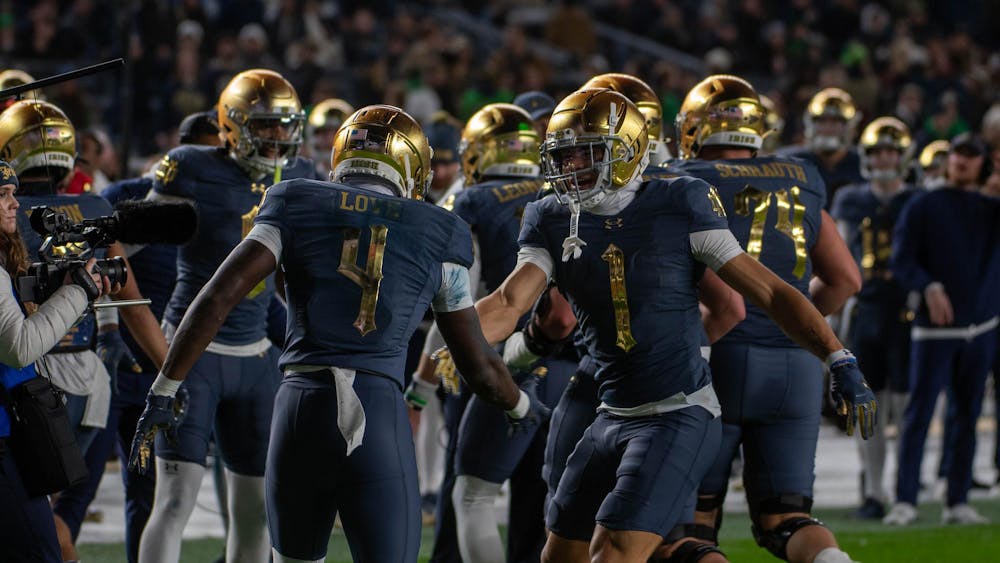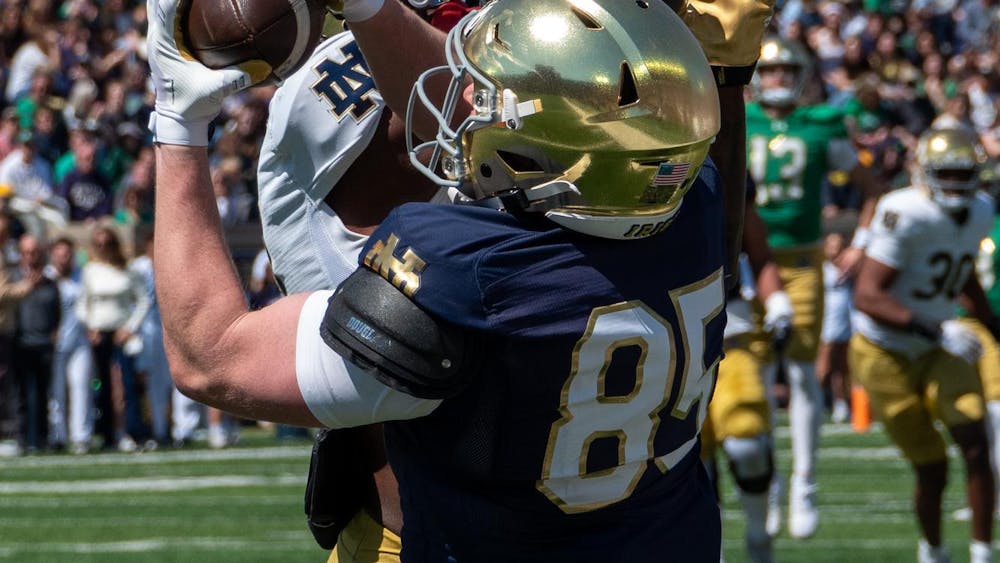Last week’s announcement of the University’s first ever endowed professorship in Islamic studies marks a major milestone for the new Keough School of Global Affairs, since it is the first endowed chair to be instituted in the School.
The Mirza Family Professorship of Islamic Thought and Muslim Societies was established with a $3 million gift from alumna Susan Scribner Mirza in honor of her late husband Muzzafar “Muzzi” Mirza, according to a University press release.
Scott Appleby, dean of the Keough School, said Notre Dame’s Catholic identity gives it a distinctive opportunity to study Islam.
“We think that Notre Dame as a Catholic university has a real advantage in understanding Islam and studying it,” he said. “While Islam and Christianity are very different in their historical development and in their doctrines … we as a Catholic university have a particular insight into what it means to be religious in a secular world.”
Scholarship on Islamic culture will better inform matters of policy, development and conflict resolution, which are key to the Keough School’s commitment to “integral human development,” Appleby said.
“The mission of the Keough School … points to the need for efforts at eliminating poverty, ending armed conflict, advancing human rights and improving the general conditions of human existence,” he said. “Any of those efforts should take into account not only the economic and material aspects of being a human person but also the spiritual, cultural, religious dimensions.
“And so in the Keough School, we want to place the study of religion around the world in a prominent position because religions are so critical to building peace, fostering human rights and developing societies from the inside. … Unless we can understand as profoundly as possible the religious sensibilities and values and practices of the people we’re partnering with to develop their societies, we’ll miss something. We’ll miss a big part of the puzzle.”
The need to understand religion as not only a set of practices, ideas and belief but also as a “lived experience” and way of life plays a central role in the School’s goals, Appleby said.
“This kind of understanding will help us think through the challenges of how to be in solidarity with people who are trying to overcome poverty, oppression, conflict and other challenges to human flourishing,” he said.
Ted Beatty, associate dean of academic affairs at the School, said the Mirza gift is “a crucially symbolic moment for the School.”
“Thinking about [the Keough School]’s first endowed chair at a Catholic university being in Islamic studies points to the way we want to think not narrowly but very broadly, in an integrated way, in the 21st century,” Beatty said. “Interdisciplinary work will certainly be one of the big themes of the School.”
In the press release, Mirza said her life was “immeasurably enriched” when she married her husband, who was an immigrant from Pakistan, and continued to learn about his heritage.
“Learning about the rich culture of the Muslim society he grew up in and the Islam faith of his extended family, and sharing that with our three children, I realized quickly that despite our dramatically different upbringings — I was raised Irish Catholic in suburban New Jersey — we shared common values of the importance of family, friendship, education, generosity, humor and faith,” she said in the release. “Our children and I lost Muzzi way too soon. But I can think of no greater tribute to him than establishing a permanent catalyst for understanding and bridge-building between cultures and religions.”
Appleby said Islam is still undergoing a decades-long internal conflict on many different fundamental questions, which makes it increasingly more important to understand the religion and its people.
“These fundamental questions include the role of jihad, what jihad means for today, relationships internally within Islam, Muslims in conflict with other Muslims and its relationship to the broader world,” he said. “We see this in the headlines every day.
“And so we need to understand Islam as accurately and with as much nuance as possible because it’s so important to the world today. … If we somehow don’t understand Islam, we miss one-sixth of the world’s population and that would be foolish.”
Appleby said the person who fills the chair could specialize in any discipline from theology to history to philosophy to ethics or beyond.
“At this point, we want someone who has a profound understanding of modern Islamic thought and society,” he said.
Beatty said the School is still in the early planning stages before its opening in August 2017, but current discussions have focused on a more specific formulation of its academic program and a faculty hiring plan.
“The School will be seeking to not only support scholarly research in topics of religion, peace studies and global affairs generally, but also to support ways we can contribute to policy and public affairs,” he said.
The School will finally bring together several units that have previously been existing independently, including the Kellogg Institute for International Studies, the Kroc Institute for International Peace Studies, the Nanovic Institute for European Studies, the Liu Institute for Asian Studies and the Initiative for Global Development.
“The School brings together these different units and works within them to support what they do and make the whole of the School greater than the sum of its parts,” he said.
Currently, leaders are developing the curriculum for a two-year professional Masters program in global affairs, geared toward training people for careers with nongovernmental organizations, government or the private sector.
“We have not yet defined a scope of the subject matter within the School,” Beatty said. “We really want the Keough School to be a catalyst for undergraduate programs across the University too, enriching the way undergraduates can think about global affairs.”
Read More
Trending








